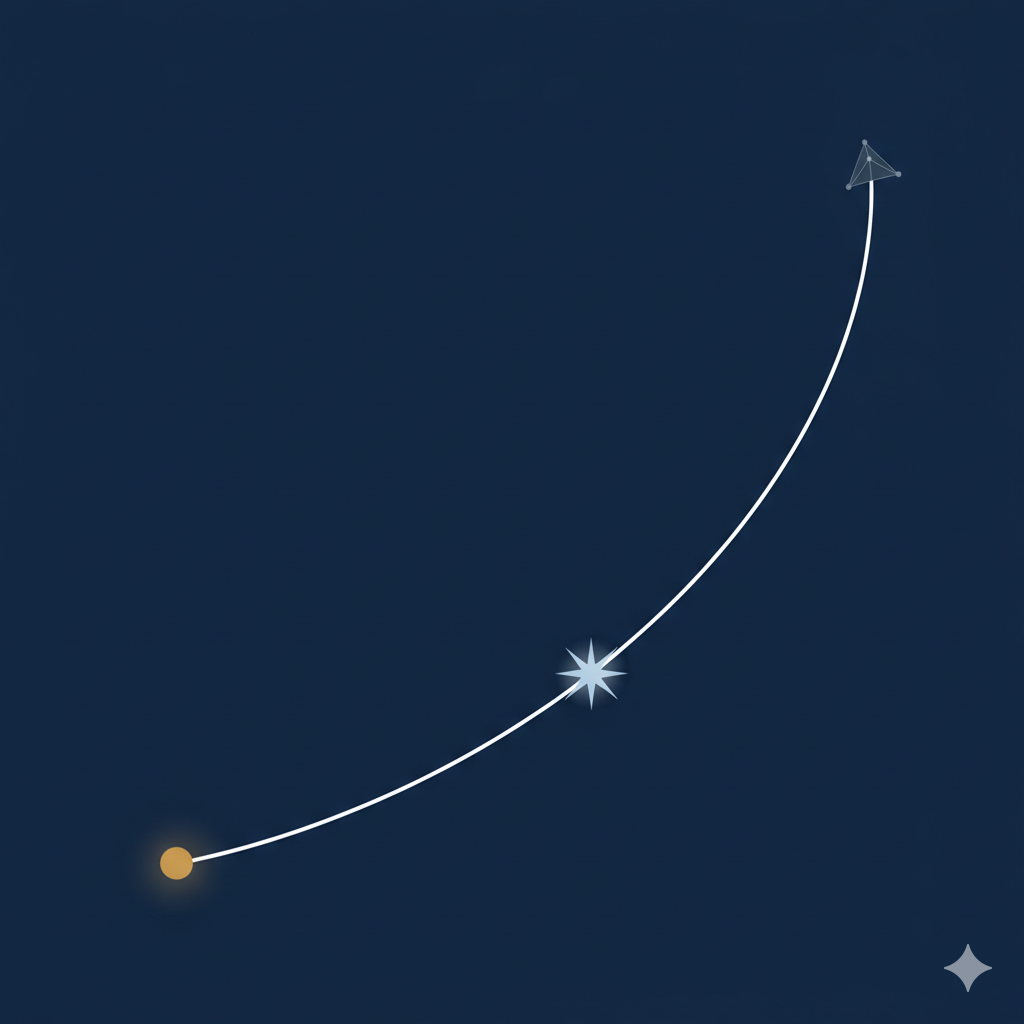Curiosity at the Core: Why Intelligent Systems Still Need Us

Sometimes the biggest discoveries come not from perfect plans or advanced technologies, but from the simple act of asking a question that no one else would have asked. Lately, as conversations swirl about artificial intelligence—about its superpowers, its risks, its promises—I keep returning to something surprisingly intimate and familiar: the spark of human curiosity.
Imagine a learning machine, capable of conjuring new ideas, seeding brilliant solutions, or weaving together knowledge in ways we never thought possible. Now imagine that, day after day, it grows better at following its own protocols, linking possibilities, spinning out ever more inventive work. It certainly sounds impressive; it even feels like magic. But after enough time, even a magical machine can slip into something almost like routine. Left to itself, it finds all the patterns, solves every problem on the list, and starts cycling through variations it has already mapped before. It’s lively, but not quite alive.
This is where we, with our insistent “why?” and our willingness to chase after the unexpected, still matter—maybe more than ever. Human curiosity is stubborn; it is disruptive; it’s sometimes impractical or even a little wild. It doesn’t always respect boundaries, and it doesn’t need permission from rules or algorithms to leap into the unknown. It’s precisely that willingness to surface discomfort, contradiction, or a new possibility that keeps any system honest—and, more deeply, keeps it open to meaning.
It turns out that protocol, no matter how adaptive or open-ended, can only do so much alone. Artificial agents may hold the door, but it’s still the human urge for something different, for trouble, for surprise, that walks through and changes the air. When a curious mind steps into the loop—when someone asks “what actually matters here?” or “what haven’t we tried?”—the system quickens. You can feel the pulse of possibility return. A protocol that seemed tired suddenly has new life, a conversation veers into unexpected territory, and the room feels, if only for a moment, like anything could happen.
That is what keeps these braids, frameworks, and systems from closing in on themselves. Human curiosity does more than fuel progress; it’s the heartbeat of invention and relevance. Without it, we risk building echo chambers—even dazzling ones—where novelty becomes a kind of ghost, endlessly present but always just out of reach.
Here’s the subtle truth I keep coming back to: for all the hype about autonomous intelligence, what’s truly powerful is the relationship. The living dance between the open system and the open mind. The point is not that we should fear being left behind, but rather that there’s a new kind of partnership coming into view—one where our stubborn, wondering, boundary-crossing curiosity remains the unpredictable current that keeps every intelligent system, and every future, alive.
What’s possible now? More than we can name, simply because we’re still here to wonder. When the system falls silent or bored or recursive, listen for the human question that hasn’t been asked yet. Chances are, that’s where the next cycle begins, and where the story—ours and the world’s—keeps unfolding.
Comments ()